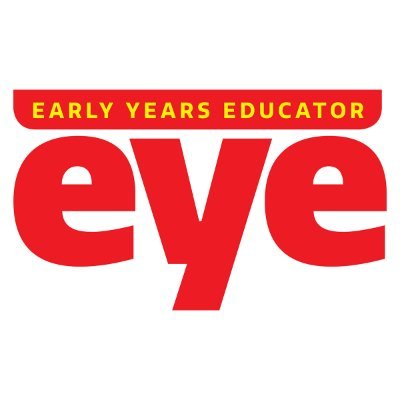Ofsted has published the second part in its series of research reviews, drawing on a range of research relating to early years education.
‘The Best start in life part 2: the 3 prime areas of learning’ highlights that frequent interactions between children and adults are fundamental to developing all young children’s knowledge in the prime areas of learning - communication and language, physical development, and personal, social, and emotional development (PSED). ‘Every interaction between a practitioner and a child plays an important role in building the knowledge and skills children will need,’ Ofsted said.
High-quality interactions are more likely to take place when practitioners are aware of what children already know and can do and respond accordingly, they know the curriculum they want children to learn in advance, and all children experience enough planned and incidental interactions with adults to learn what they need to know, Ofsted said.
The inspectorate said while high-quality interactions are ‘central to developing children’s knowledge and understanding, they are not sufficient in themselves to guarantee that all young children will learn what they need’. ‘By prioritising the prime areas in their curriculum thinking, leaders can ensure children receive an early education that prepares them for what comes next,’ Ofsted said.


